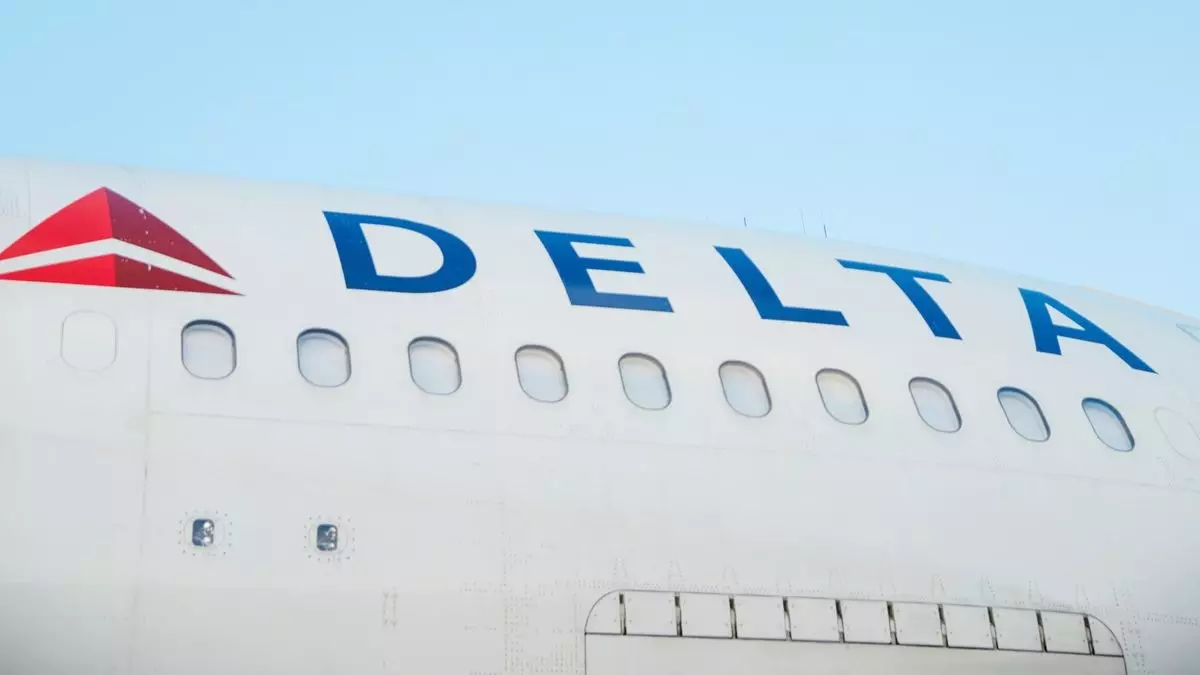When a software update by cybersecurity provider CrowdStrike crashed Microsoft Windows operating systems around the world on July 19, Delta Airlines bore the brunt of the impact. The airline faced a prolonged recovery period that lasted over five days, during which approximately 7,000 mainline and regional flights were canceled, disrupting the travel plans of 1.3 million customers and costing the carrier a substantial $500 million. The most significant challenge that Delta faced during this recovery process was the loss of a key crew-tracking tool, which left the airline without visibility on the whereabouts of its flight crews. This lack of crucial information severely hampered Delta’s ability to reset its operation, prolonging the recovery process further.
In contrast to Delta’s struggles, American Airlines managed to recover its operations swiftly following the software outage. By the evening of the incident, American had largely restored its services, with only 51 mainline flight cancellations the following day. American’s CEO Robert Isom attributed their successful recovery to early actions taken to mitigate the disruption, focusing on tracking aircraft and crew locations and implementing necessary steps promptly. While Delta encountered significant challenges with its crew-tracking system and Windows applications, American’s proactive approach helped them minimize the impact of the outage on their operations.
Delta’s heavy reliance on Windows applications for mission-critical systems, with 60% of its essential applications running on Windows, posed a significant challenge during the recovery process. The airline had to physically reset 40,000 servers, a complex and time-consuming task that contributed to the extended downtime. In contrast, American’s approach to leveraging technology and implementing swift recovery measures enabled them to navigate the aftermath of the software outage more effectively.
Experts in airline operations and IT highlighted various factors that influenced the disparate responses of airlines to the software outage. The complex IT setups of airlines, which blend decades-old mainframe systems with modern cloud-based applications, create challenges during operational disruptions. Legacy systems, such as crew-tracking and maintenance-tracking tools, often pose limitations and impede swift decision-making and response efficiency. The mix of legacy and cloud-based systems in airline operations centers leads to IT silos that hinder overall reliability and response effectiveness during crises.
The debate surrounding Delta’s recovery issues from the software outage underscores the broader challenges faced by airlines in balancing legacy systems with modern technological advancements. While transitioning away from legacy operational systems is essential for enhancing efficiency and reliability, it is a complex and time-intensive process that necessitates significant investments. Airlines are often hesitant to allocate substantial resources to IT upgrades due to the scale of their operations and the potential risks associated with system overhauls. Finding the right balance between maintaining legacy systems and embracing new technologies is crucial for airlines seeking to enhance operational resilience and agility.
The contrasting experiences of Delta and American in responding to the software outage emphasize the critical role of technology, proactive planning, and infrastructure resilience in navigating unforeseen disruptions. As airlines continue to grapple with the evolving landscape of cybersecurity threats and IT challenges, investing in modernizing IT infrastructure, enhancing operational efficiency, and fostering a culture of adaptability are essential for ensuring seamless operations and passenger satisfaction. By learning from these experiences and leveraging technology effectively, airlines can better prepare for future disruptions and mitigate their impact on business continuity.

